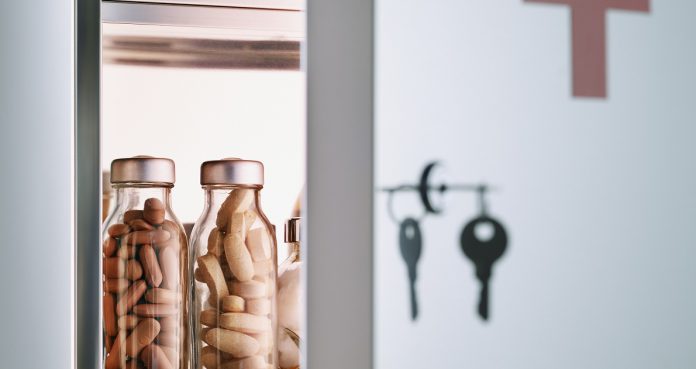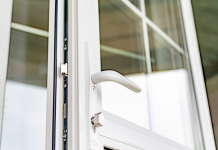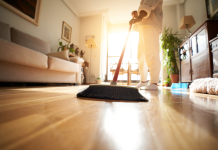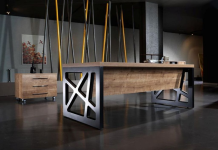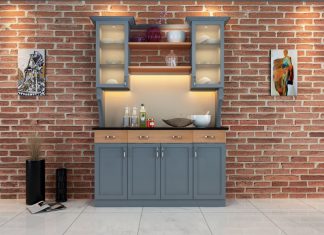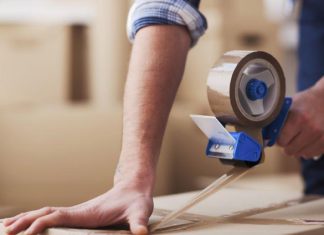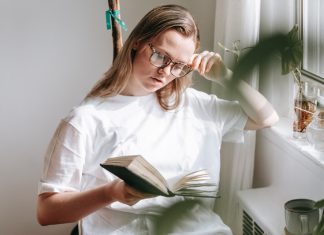As keen observers, kids notice every single thing you do. They can get curious about grown-up activities and sometimes, they may imitate the behavior of the adults around them. This can be adorable or even funny, but small kids may also copy actions that can be potentially dangerous for their health like ingesting medications. Although you cannot stop your kids from mirroring all your actions, you can be proactive about preventing visits to the emergency room.
Safe Medicine Practices
When it comes to small kids, telling them not to copy your every move is not enough. It is best to take extra precautions for safety, especially when it comes to keeping your family’s medications away from them. Next time you organize your medicine cabinet, you may want to consider the following things.
- Select a secure storage area. – The very first thing to do is to keep all medications out of your children’s sight and reach. When you are not taking your medication, keep them in an area where your kids can’t easily access them. This can be on the top shelf of your medicine cabinet or in a locked drawer in your bedroom. If you are not sure about the safest space to put your medicines in, walk around your house and see which spaces your children can’t reach or don’t show interest in. You may also want to invest in a medical lock box that makes it easy to organize medication while storing them securely.
- Put everything away. – Always make sure your kitchen counter is free from all medicines like prescription pills, vitamins, and over-the-counter (OTC) drugs. In case you take these after your meals, remember to place back all medications where you store them. Avoid having medication out in the open when not in use, as you never know when small children will grab them and put them in their mouths. In addition, don’t leave any medicine by a sick kid’s bedside. Even if you need to give them medication again after a few hours, make sure to keep medicine containers away from their reach.
- Keep the cap locked. – Many pill bottles come with child-proof safety caps, but you still need to make sure you lock them well. If it has a twistable cover, turn the cap until you hear the click or until you cannot twist it anymore. Even with these locked caps, you still need to keep medication bottles away from children as they might find a way to open the container.
- Educate your children. – The best way to avoid accidents from happening is to teach your children about medicine safety. Instead of tricking them into taking medicine by telling them it is candy, tell them what it really is. Educate kids about how drugs can make them feel better when they’re sick but can cause harm when misused. If your kids like playing doctor, for example, do not allow them to play with real medicine. This will make them more aware of the power each pill holds and how it can have both positive and negative effects on the body.
OTC Medicines and the Risk of Overdose
Even in the most cautious and safety-conscious household, kids may still get a hold of medications and accidentally take large amounts. This can be harmful whether the drugs are prescription or OTCs. Some OTC drugs share similarities with opioids and can have the same effects and risk of overdose. For example, dextromethorphan (DXM) is designed to suppress cough. It is usually found in cough syrups and cold medicines, which are common OTC medications in every home. DXM may cause depressant and hallucinogenic effects when taken in large doses. In addition, overdosing on DXM can slow down breathing or even cause it to stop.
If you suspect that your child has consumed medication without your supervision, get immediate medical help. Depending on the amount and kinds of drugs they took, kids may develop symptoms of withdrawal once the drug begins to leave their system. To help them safely wean off the effects of the medicine, your physician may refer you to a facility that specializes in treating substance abuse. You may want to check a nearby center or request a referral to the best Fort Myers drug rehab center that offers a treatment plan for kids. Also, rehab centers may be able to give counseling services to children who experience trauma from the incident.
Kids often learn by imitating others. This is why adults need to be careful about the kind of example they set for kids, including the responsible way of handling and consuming medication. Although you may not be able to spend every second watching your kids, you can make sure they won’t be able to access any medications, which are all potentially harmful when ingested without proper guidance.
